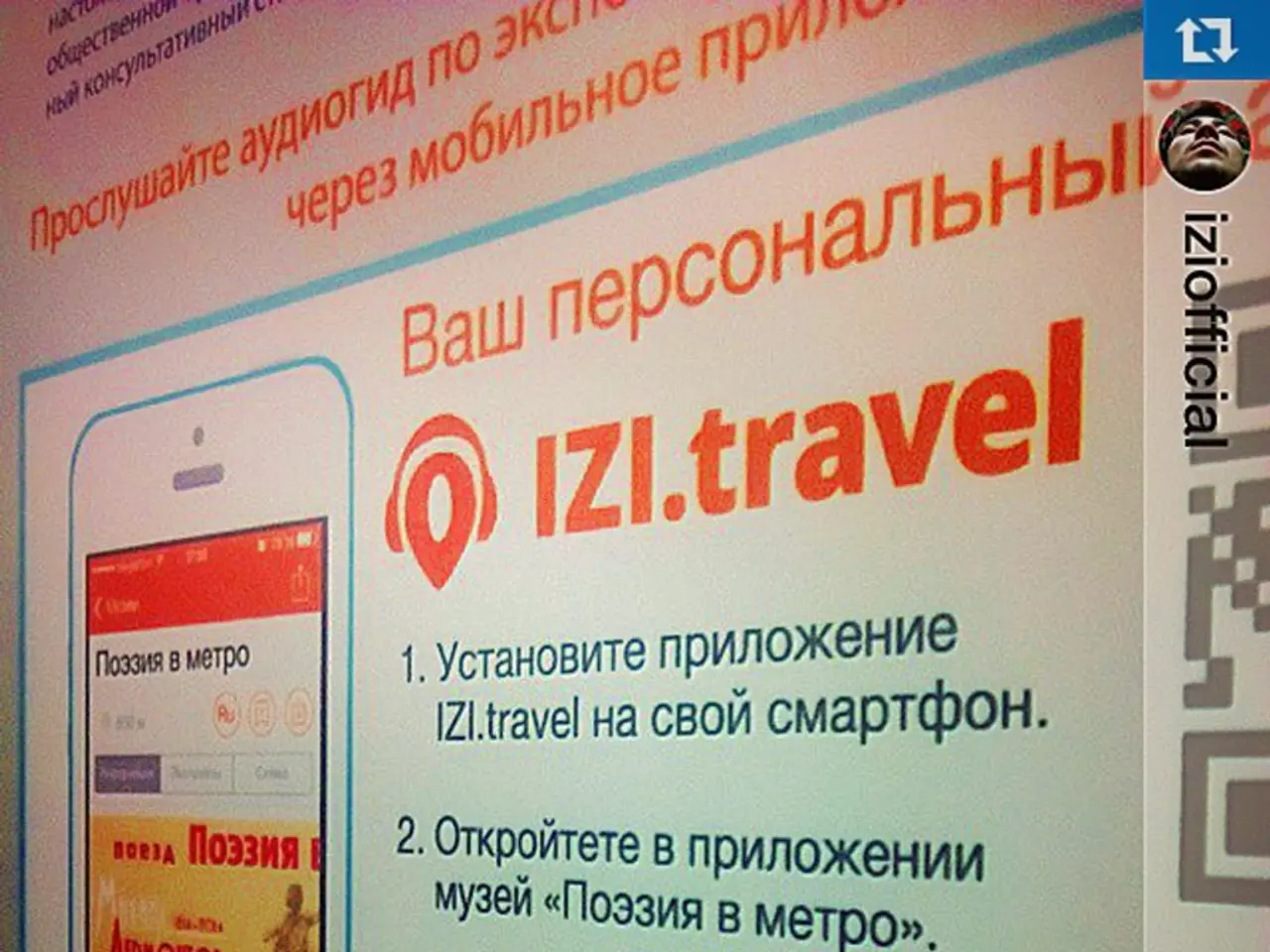Metaverse's Emergence Unveils Novel Ventures for Insurance Sectors
The metaverse, a digital universe that blends reality with virtual worlds, is rapidly becoming a significant frontier for the insurance industry. Insurers are now exploring ways to underwrite and manage risks related to digital and metaverse-based exposures, presenting opportunities to develop innovative insurance products tailored for virtual environments [1].
Key trends in this digital revolution include the expansion into virtual asset insurance, safeguarding intellectual property and avatar identities, and integration with advanced technologies such as AI, blockchain, and data analytics [1][2][3]. The metaverse market, projected to be worth $82 billion by the end of 2023 and $936.6 billion by 2030, is attracting over 17% of all IT companies worldwide to invest [4].
Virtual asset coverage is currently the main focus, with insurers protecting digital goods and NFTs that exist within the metaverse. As the metaverse ecosystem matures, insurers are expected to innovate offerings covering metaverse health and wellbeing, virtual event liabilities, and digital workforce insurance [5]. This complements the growing adoption of metaverse technologies in sectors like healthcare, which influences insurance demands.
The metaverse also presents challenges, particularly in terms of cyber and identity risks. Head-mounted devices used in the metaverse share biometric and financial data, making them a target for hackers or cyber criminals. However, the metaverse can also be used to help in the proper evaluation of damaged properties and in insurance procedures for claims, broker services, and product creation [6].
Insurers are also considering crypto assets as their investment tools and have started focusing on alternative assets abroad [7]. The use of AI in the metaverse can enable lost adjusters through damage identification and verify claim details [8]. Appinventiv's metaverse development services can help insurance firms smoothly operate their business in the virtual world, ensuring operational efficiency and reducing costs [9].
Insurers face legal challenges in clarifying the legitimacy of actions taken in virtual spaces that can violate real-world rights. Hacking, fraud, value loss, and centralization are concerns that affect digital assets in the metaverse. However, the future impact on the insurance industry is expected to be transformative, with the creation of entirely new insurance markets around virtual real estate, digital property, and metaverse-related business liabilities [1][2][3].
Greater customer engagement and customized products via data analytics and immersive customer experiences are also expected. Enhanced operational efficiency through automation and blockchain-enabled transparency in claims processing and compliance is another benefit [3]. The metaverse represents both a challenge and an opportunity for insurers to leverage technology, data, and new business models, ultimately reshaping risk management in an increasingly digital world [1][2][3].
References:
- Deloitte. (2021). The Metaverse: A new frontier for the insurance industry. [online] Available at: https://www2.deloitte.com/content/dam/insights/us/articles/5898_metaverse_insurance_industry/DI_US_Metaverse_Insurance_Industry_052521.pdf
- PwC. (2021). The metaverse: A new frontier for insurance. [online] Available at: https://www.pwc.com/gx/en/services/insurance/thought-leadership/the-metaverse-a-new-frontier-for-insurance.html
- McKinsey. (2021). The metaverse: A new frontier for insurance. [online] Available at: https://www.mckinsey.com/industries/technology-media-and-telecommunications/our-insights/the-metaverse-a-new-frontier-for-insurance
- Statista. (2021). Global metaverse market size in 2023 and 2030. [online] Available at: https://www.statista.com/statistics/1240821/metaverse-market-size/
- McKinsey. (2021). The metaverse: A new frontier for insurance. [online] Available at: https://www.mckinsey.com/industries/technology-media-and-telecommunications/our-insights/the-metaverse-a-new-frontier-for-insurance
- Deloitte. (2021). The Metaverse: A new frontier for the insurance industry. [online] Available at: https://www2.deloitte.com/content/dam/insights/us/articles/5898_metaverse_insurance_industry/DI_US_Metaverse_Insurance_Industry_052521.pdf
- PwC. (2021). The metaverse: A new frontier for insurance. [online] Available at: https://www.pwc.com/gx/en/services/insurance/thought-leadership/the-metaverse-a-new-frontier-for-insurance.html
- McKinsey. (2021). The metaverse: A new frontier for insurance. [online] Available at: https://www.mckinsey.com/industries/technology-media-and-telecommunications/our-insights/the-metaverse-a-new-frontier-for-insurance
- Appinventiv. (2021). Metaverse development services for insurance firms. [online] Available at: https://www.appinventiv.com/blog/metaverse-development-services-for-insurance-firms/
- The rapid expansion of the metaverse has driven insurers to explore the integration of technology such as AI, blockchain, and data analytics to underwrite and manage risks related to virtual environments, presenting opportunities to develop innovative insurance products tailored for the digital universe.
- As the metaverse market continues to grow, with projections of being worth $936.6 billion by 2030, insurers are expected to innovate offerings beyond virtual asset coverage, addressing metaverse health and wellbeing, virtual event liabilities, and digital workforce insurance, among others, complementing the growing adoption of metaverse technologies in various sectors.




